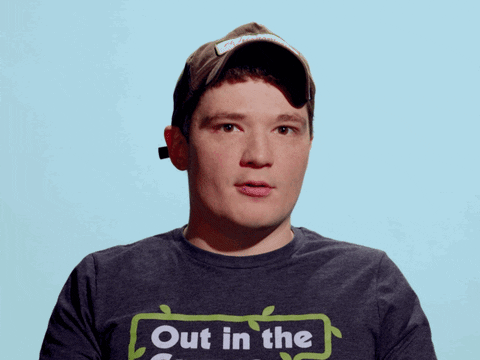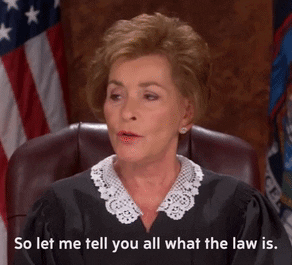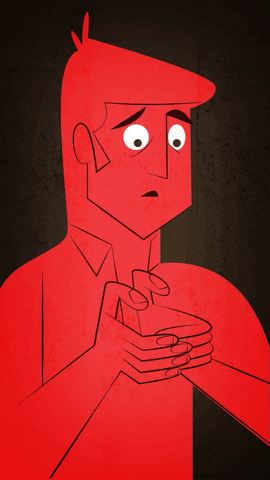
This logo isn't an ad or affiliate link. It's an organization that shares in our mission, and empowered the authors to share their insights in Byte form.
Rumie vets Bytes for compliance with our
Standards.
The organization is responsible for the completeness and reliability of the content.
Learn more
about how Rumie works with partners.
Have you ever wondered what would happen if you break the laws in Canada?

In Canada, if you plead guilty to committing a crime or are found guilty beyond a reasonable doubt in a trial, you will be sentenced by the courts.
So what's next?
Who Decides The Sentencing?
In Canada, criminal law is governed by the Criminal Code , a federal statute.
"It defines the types of conduct that constitute criminal offences. It establishes the kind and degree of punishment that may be imposed for an offence, as well as the procedures to be followed for prosecution. "
Canada has 4 levels of courts that operate at both the provincial & territorial levels to impart justice:
Lower Courts
Superior Courts
Courts of Appeal
The Supreme Court of Canada
How Is It Decided?

The court will determine a sentence that is fair considering:
the circumstances of the case
the seriousness of offences and
the offender's degree of responsibility
The judge may sentence you the same day that you are found guilty, or may order a pre-sentence report in more serious cases.
The Crown prosecutors for the Government may file victim impact statements. Your lawyer may also ask you to obtain character reference letters for use in sentencing.
The court will take into account several factors relating to the offender and the offence itself such as:
Aggravating Factors
These would increase the sentence.
Eg; If the offender has a prior criminal record.
Mitigating Factors
These would reduce the sentence.
Eg; If it is the offender's first time being found guilty.
Quiz
The accused in a trial was found guilty of shoplifting for the third time. How does this affect the sentencing process?
The offender has a prior criminal record so most likely, the sentence will be higher than if it were their first time in court.
Did you know?
Types Of Sentencing

The accused might be given:
A suspended sentence and probation — conditions you must follow for a certain time period to avoid prison
A fine — money paid to the court
Restitution — make things right with the victim
A discharge — you're free to go
If you get an absolute discharge you will not be on probation and your record of discharge will be kept on file for 1 year.
If you get a conditional discharge you will be on probation (up to 3 years) and your record of discharge will be kept on file for 3 years.
Depending on the type of sentence you get, you might end up with a temporary record or a permanent criminal record.
A sentence that results in a permanent criminal record is called a conviction.
If a conviction doesn't require you to go to jail it is called a non-custodial sentence.
Quiz
If the accused is given an absolute discharge after a trial, it means they are:
If an offender gets an absolute discharge, a finding of guilt is made but no conviction is registered, and they are not given any conditions to follow (i.e. a probation order ). An absolute discharge is the lowest-level adult sentence that an offender can get.
Did you know?
This Byte has been authored by
Chitra Krishnan
Lifelong Learner